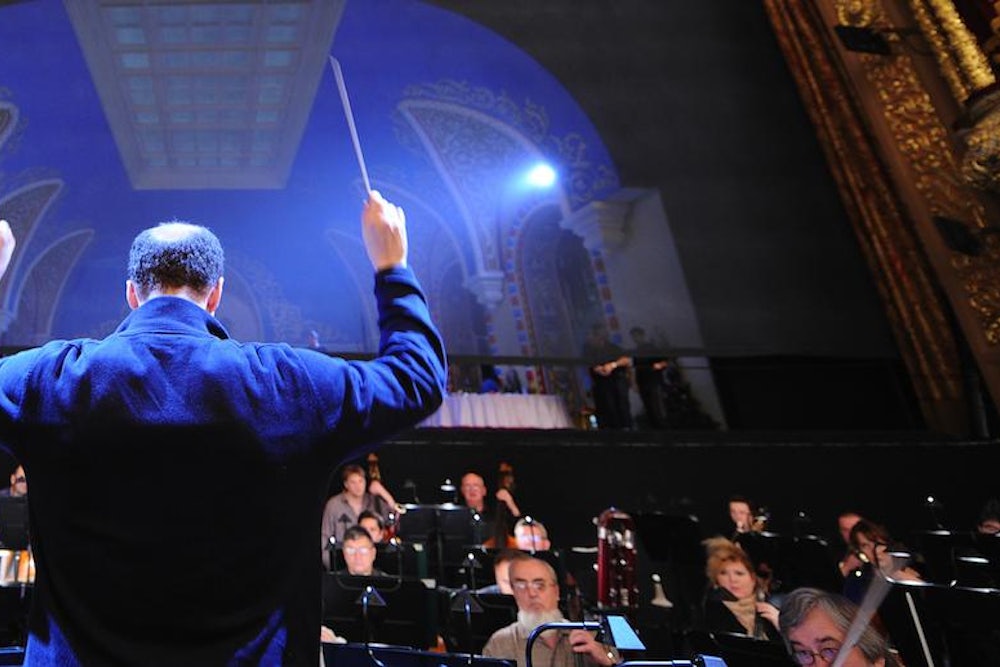I’m really grateful to Paul Berman for his reply to my recent New Republic column “Stop Forcing Your Kids to Learn a Musical Instrument,” a reply that is good-humored and sympathetic. The past day has actually been a rather difficult one for me, as that piece upset a lot of people. In e-mail, on Twitter, on the telephone, and in person, I have defended myself and offered apologies. One friend of mine told me that my tone was glib, and I have to admit that was so. Others missed what I thought were the important points—so many people missed the points, in fact, that I have to acknowledge that the fault was in my writing, not in their reading.
Above all, I did not mean to insult classical music or ballet teachers, who are, as a guild, among the very good guys in our culture. I am sorry that I did not make clearer how much I value their work.
In any event, let me thank Berman—whose 2007 New Republic essay on Tariq Ramadan I assigned my Yale Divinity School students just last week, as it happens—for forthrightly declaiming a point that got lost in my clumsy telling: Many music teachers, and parents, believe that there is something special, better, about the classical and art-music tradition. Several wrote to tell me how offended they were by the comparison of violin to ukulele: The former is so much more difficult, and its repertoire, so much richer. They may be right, but they have touched on a debate worth having, one we do not have enough. Given how relatively easy it is to get a little bit competent on, say, guitar, enough to lead a camp sing-along, why do we start so many children on harder instruments, and ones bound to seem less relevant to their lives? I was trying to make the case for pointless pastimes, things we do just for the fun of it, whatever instrument or hobby pleases us—and Berman replies with reasons we might favor the classical instruments. That’s great. It’s all great, so long as it’s not parents buying music lessons as part of some upper-middle-class acculturation plan. That’s one of the things I was trying to say.
I also wonder if Berman, and other friends who have patiently educated me over the past day, could help us all think about why so few adults are fans of this music, even among those who studied classical music. The genesis of my essay was—it’s a small irony—that I am one of the only 39-year-old fans of classical music I know. I come by my fandom ancestrally: When I was a boy, my grandfather used to send me occasional $10 checks folded into scraps paper on which he had written, “In honor of Jascha Heifetz,” or, “For Jascha Heifetz’s birthday.” My grandfather was the greatest fan of classical music I ever knew, even though he had had no lessons at all, and couldn’t play an instrument. His father, a cobbler, hadn’t had much money to spend on lessons for eight children.
So I am aware both that one can love music on a pretty deep level without having had formal lessons, and that very few of my peers, schooled or not, love this stuff as much as they might. So in my own, limited experience, a great fan doesn’t need lessons, and those with lessons don’t tend to become fans.
Should I draw major conclusions from such a small sample size? No, of course not. I have warrant only to raise questions, not presume to answer them. I’m glad Paul Berman, who knows more about being a music student than I do, was kind enough to reply. Now, if he can just tell me how to score one of those MacArthur "genius" grants ...
